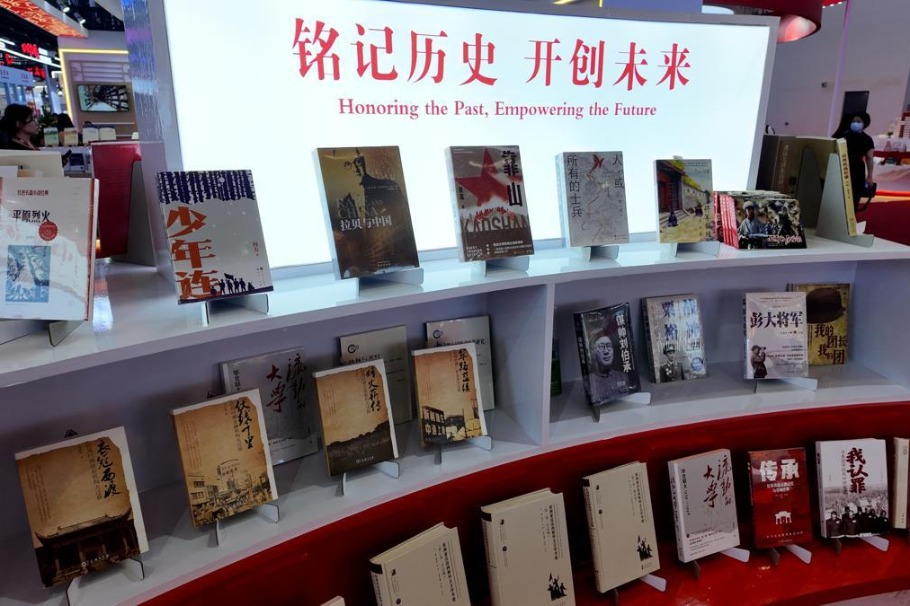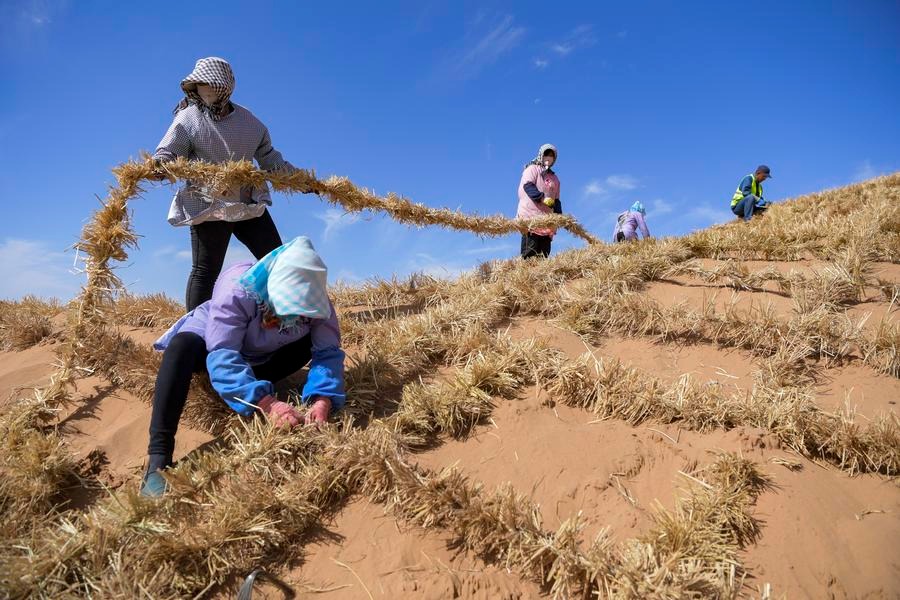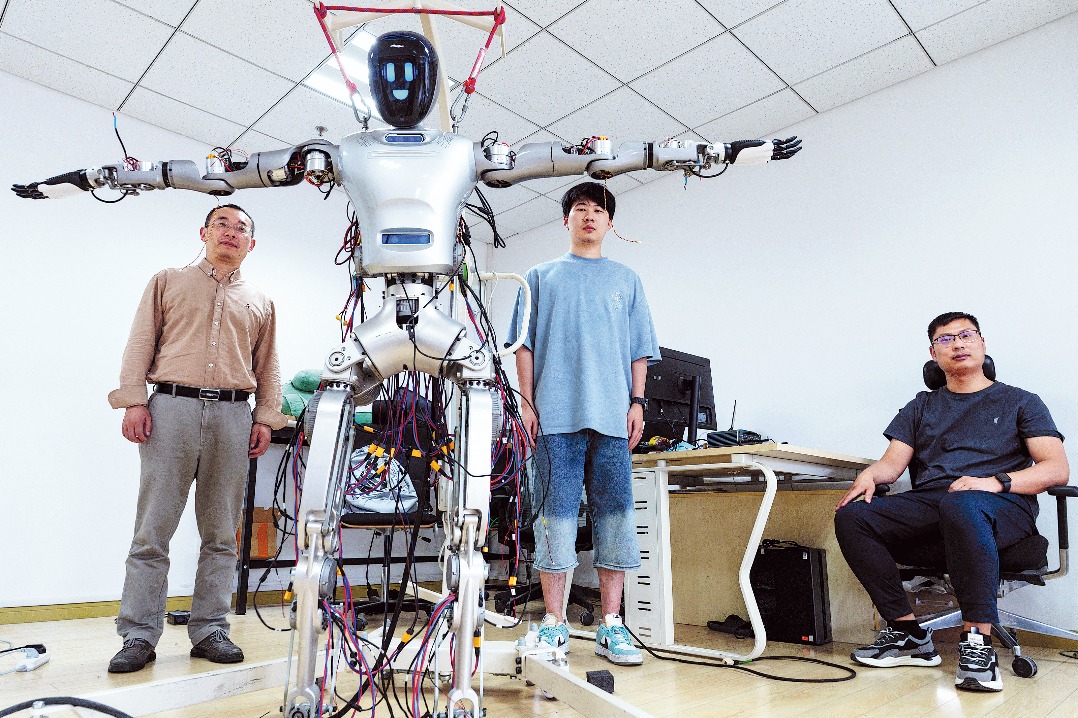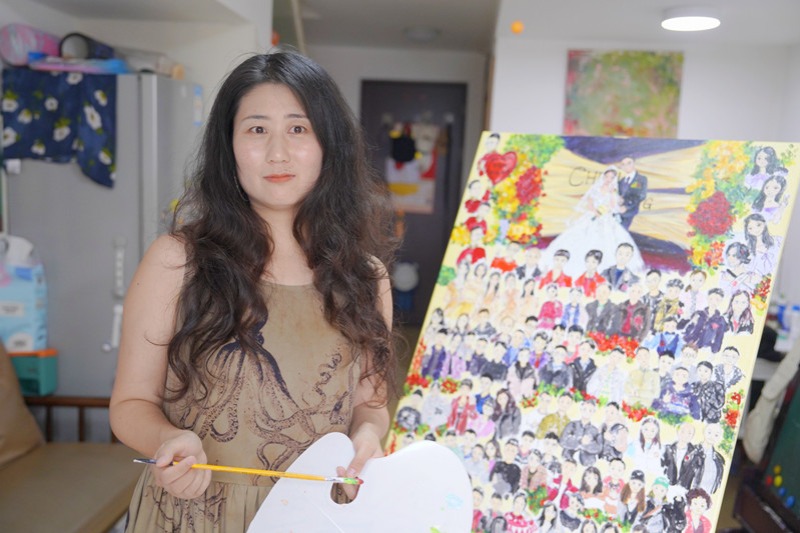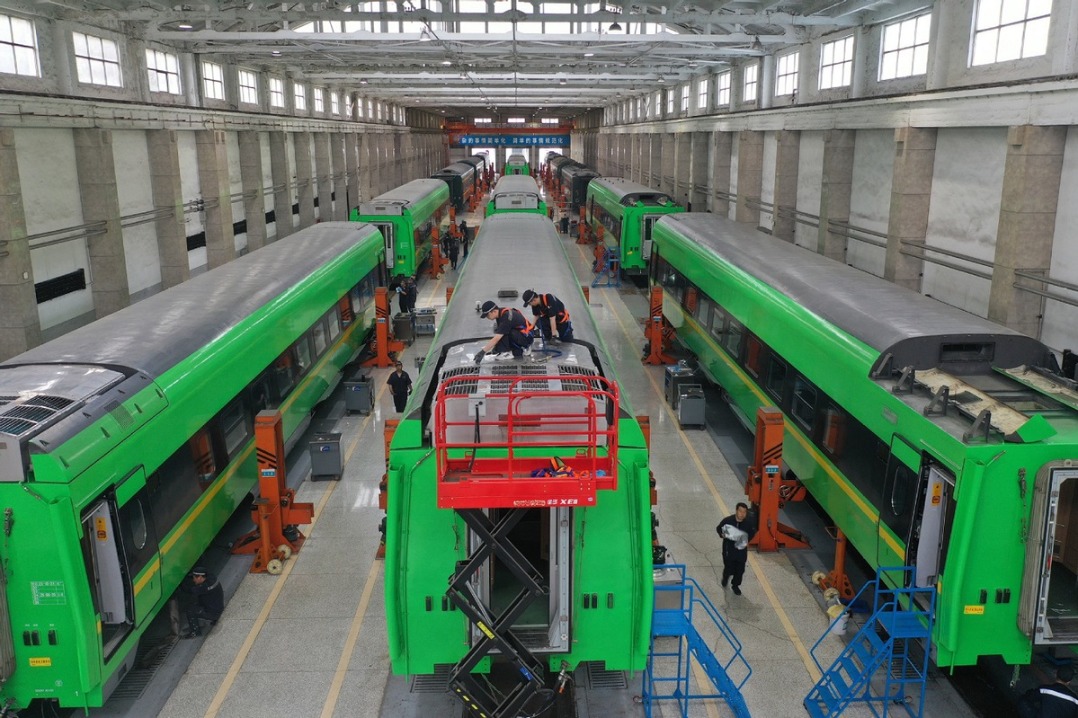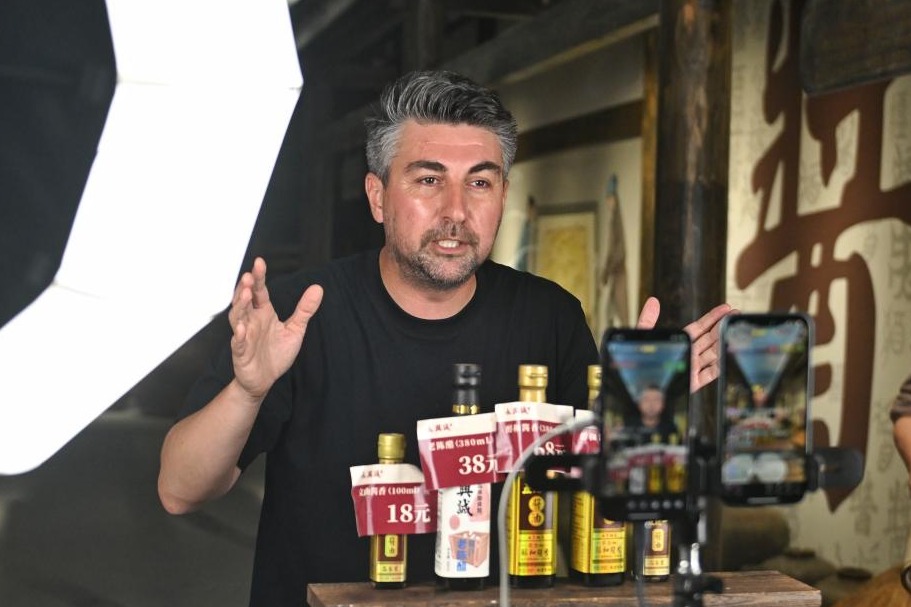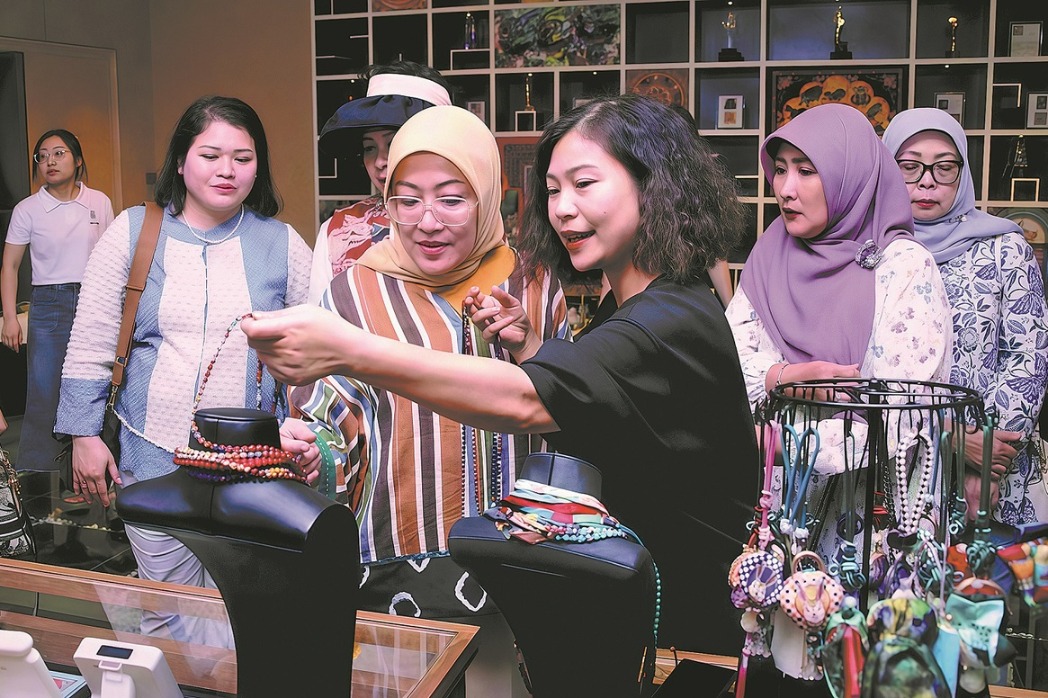Villagers learn lessons in disaster

An open ending
Typically, it takes three to four trips to complete a village study over one to three years, including a final visit to evaluate the impact of previous efforts. However, that does not mean all local health issues have been completely resolved.
In January last year, Chan led a team of 15 volunteers to revisit Ma'anqiao, nine years after her first trip.
The village was better off. There was electricity, fresh water and even internet access. Some villagers had become skilled at social media. Most, however, still do not know where to access information related to new, emerging public health concerns, Chan said.
One ongoing concern is for mental health. Traditional family-based rural lives have been broken. Most young and middle-aged villagers work far from home, where wages are higher. Elderly people and children are left behind, feeling lonely and insecure. There is also stress for migrants working in cities.
Chan believes every project is openended. As long as there are healthcare issues, she will keep returning.
She is not alone, having been joined by healthcare workers from the Chinese mainland and even overseas in recent years. These trips have led to a series of training manuals being published on health and disaster preparedness in rural areas.
Kevin Hung Kei-ching, assistant professor of emergency medicine at CUHK and a team leader and veteran of more than 30 field trips, said: "We introduce the basics. It is like sowing seeds and letting them germinate by themselves.
"You can't expect the standards of public health in these remote ethnic villages to improve significantly just on the basis of one or two field trips," said Hung, who is also an accident and emergency doctor for the Hospital Authority in Hong Kong.
"It takes the whole community to work together to improve public health levels," Hung added.
The work has its own rewards when all the efforts pay off. Last year, during Chan's latest visit to Ma'anqiao, team members cheered when locals displayed their disaster-preparedness kits, showing that they had been maintained for all these years.
Student beneficiaries
The Ethnic Minority Health Project initiated by Chan led to the founding of the Collaborating Centre of Oxford University and CUHK for Disaster and Medical Humanitarian Response, or CCOUC.
Chan has served as CCOUC director since its founding in 2011. Her disaster relief initiative has become a flagship program and paved the way for her efforts to build the emerging discipline of humanitarian medicine in the Greater China area.
The project offers field experience for Hong Kong university students. These efforts have paid off in another way, with the program being awarded second prize in the 2018 National Teaching Achievement Awards (Higher Education). The Ministry of Education cited the creative ways for teaching and learning that have evolved through the program.
"Some 700 students, most of them from Hong Kong, have participated in the project since it was inaugurated," Chan said.
Before going on field trips, students have to map out logistics for the project, including special attention to the physical, cultural and ethnical issues in the areas they are visiting.
On site, they learn crowd control, venue management and event scheduling. Workshops are usually attended by more than 100 villagers.
Evan Shang Su-wei, an undergraduate in medicine at CUHK, said, "I improved my clinical communication skills."
He said the experience taught him to be tactful and ask questions about local health habits in a sensitive manner. He added that recording villagers' medical histories also helped during his internships. Shang has been on field trips to Jilin, Sichuan and Yunnan provinces.
Carol Wong Ka-po found that the fieldwork made her more determined than ever to pursue a career in public health.
"There are a lot of transitional problems in rural China. I learned to understand people's behavior and reasoning before evaluating their needs and how to address them," said Wong, now a program manager at CCOUC.
Among the so-called empty-nest elderly people she met on the field trips, some said they were willing to go to senior care homes to avoid being a burden on their children.
As time passes, new concerns arise. Suicides have been reported among the elderly population, and Wong believes that aging is a new public health concern that the program must address.
- What methods have the Chinese developed to combat desertification?
- Shanghai to launch Easy Go to enhance visitors' experience
- A journey to promote cross-cultural bonds in Wuxi
- US students explore Jinhua in Zhejiang
- Beijing's Xicheng district opens a new overseas investment and liaison office in Paris
- China accuses Philippines of illegal South China Sea incursion
















